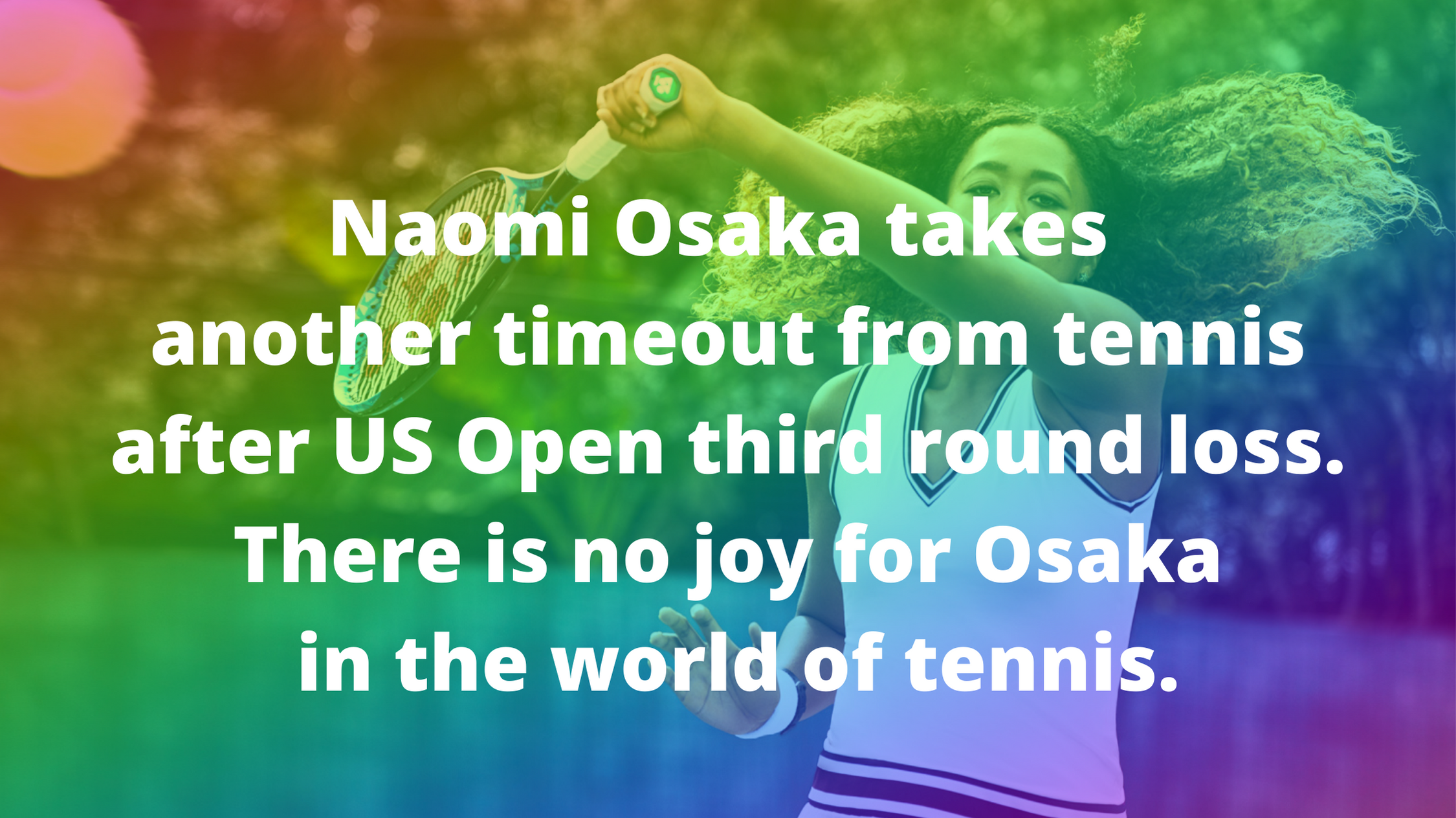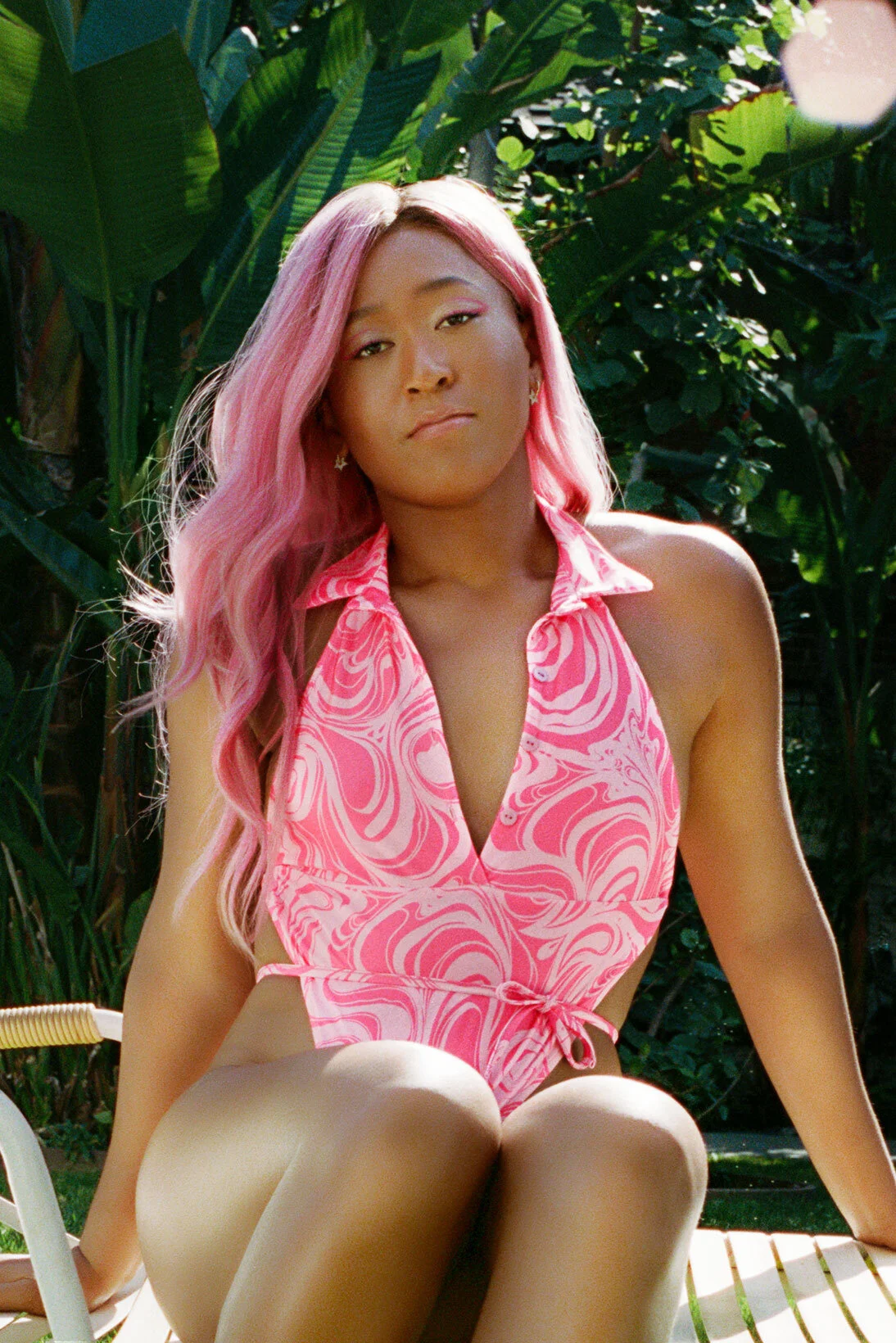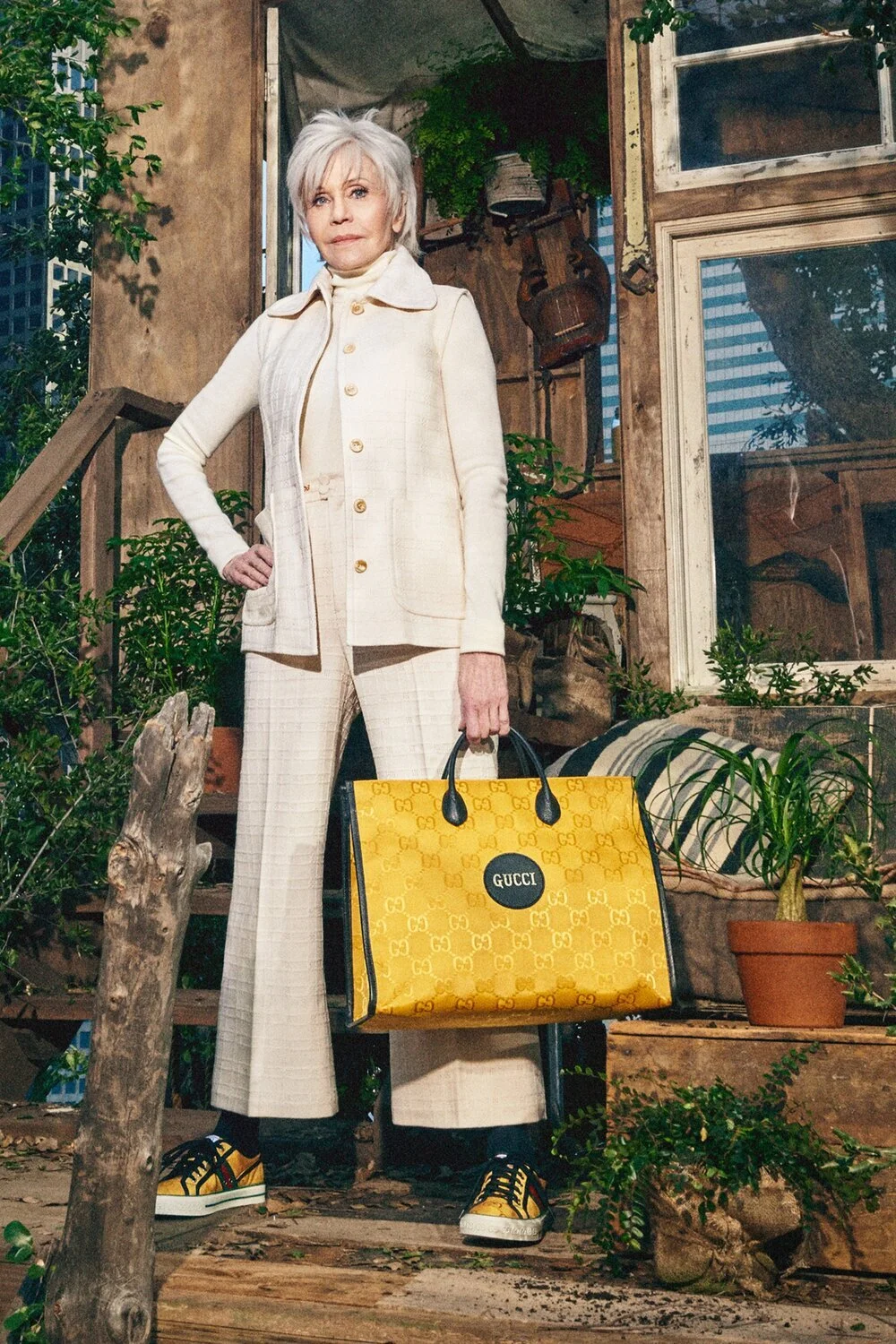Republish via AOC at FeedBurner CC 3.0 License Attribution Required: Daily Fashion Design Culture News
Naomi Osaka lost to Canada’s Leylah Annie Fernandez in Friday’s third round of the US Open tennis tournament. Born to an Ecuadorian father and a Filipino Canadian mother, the 18-year-old ranked 66 in the world of tennis currently trains in Florida.
At her new conference on Friday, Naomi Osaka apologized for her “childlike behavior” on the court, which included throwing her racket. She then said she would be taking another break from tennis.
“Normally, I feel like I like challenges. But recently I feel very anxious when things don’t go my way, and I feel like you can feel that. I’m not really sure why it happens the way it happens now,” said Osaka, who earlier this year acknowledged she has battled depression since she won the US Open in 2018, beating Serena Williams. It was Serena who lost her composure in that match over disagreements with the referee.
Responding in English to a question posed in Japanese, Osaka continued to explain her troubled state of mind.: “I feel like for me recently, like, when I win I don’t feel happy. I feel more like a relief. And then when I lose, I feel very sad. I don’t think that’s normal. I didn’t really want to cry, but basically I feel like ...” She teared up but insisted on continuing.
“Basically I feel like I’m kind of at this point where I’m trying to figure out what I want to do, and I honestly don’t know when I’m going to play my next tennis match,” she said, again tearing up. “Sorry. OK, yeah. I think I’m going to take a break from playing for a while.”
In the words of Matthew Futterman writing for The New York Times:
“Careers cut short because of broken minds rather than aging bodies haunt tennis like ghosts.”
Tennis is a lonely sport — not a team sport — with only one winner.
Naomi Osaka’s year has been filled with complexity. It began in the world of COVID — few sympathies there — but it built on Osaka’s Black activism after the murder of George Floyd in Minnesota. After the shooting of Jacob Blake, Naomi single-handedly brought tennis world to a standstill announcing she would not play her semifinal match in the Western & Southern Open as scheduled.
The last six months have been very challenging for Osaka.
Refusing to participate in post-match news conferences at the French Open, Osaka faced an ugly confrontation with the tournament organizers. She withdrew after the first round and became more open about her mental health challenges.
In Japan, where Osaka has become a symbol of a “new, multiracial vision of a traditionally homogeneous society”, she became the face of the games, accepting the honor of lighting the Olympic cauldron. It was her first competition since the French Open, and Naomi lost in the third round.
In August Naomi Osaka announced that she would donate her prize money from the Western & Southern Open to Haiti earthquake relief efforts. Again, Osaka struggled and was upset in the third round.
Daria Abramowicz, a sports psychologist interviewed in the Times piece, who has spent about two years on the pro tour with another player , has concluded: “that players can survive careers — inevitably filled with losses and disappointment — only by working every day to build self-worth and self-confidence that is not measured by wins and rankings points but rather relationships. Only then can they find a way to enjoy the process, as enervating as it might be.
“You need to maintain the core values, because without that there is nothing,” Abramowicz said. “There is just burned ground.”
























































